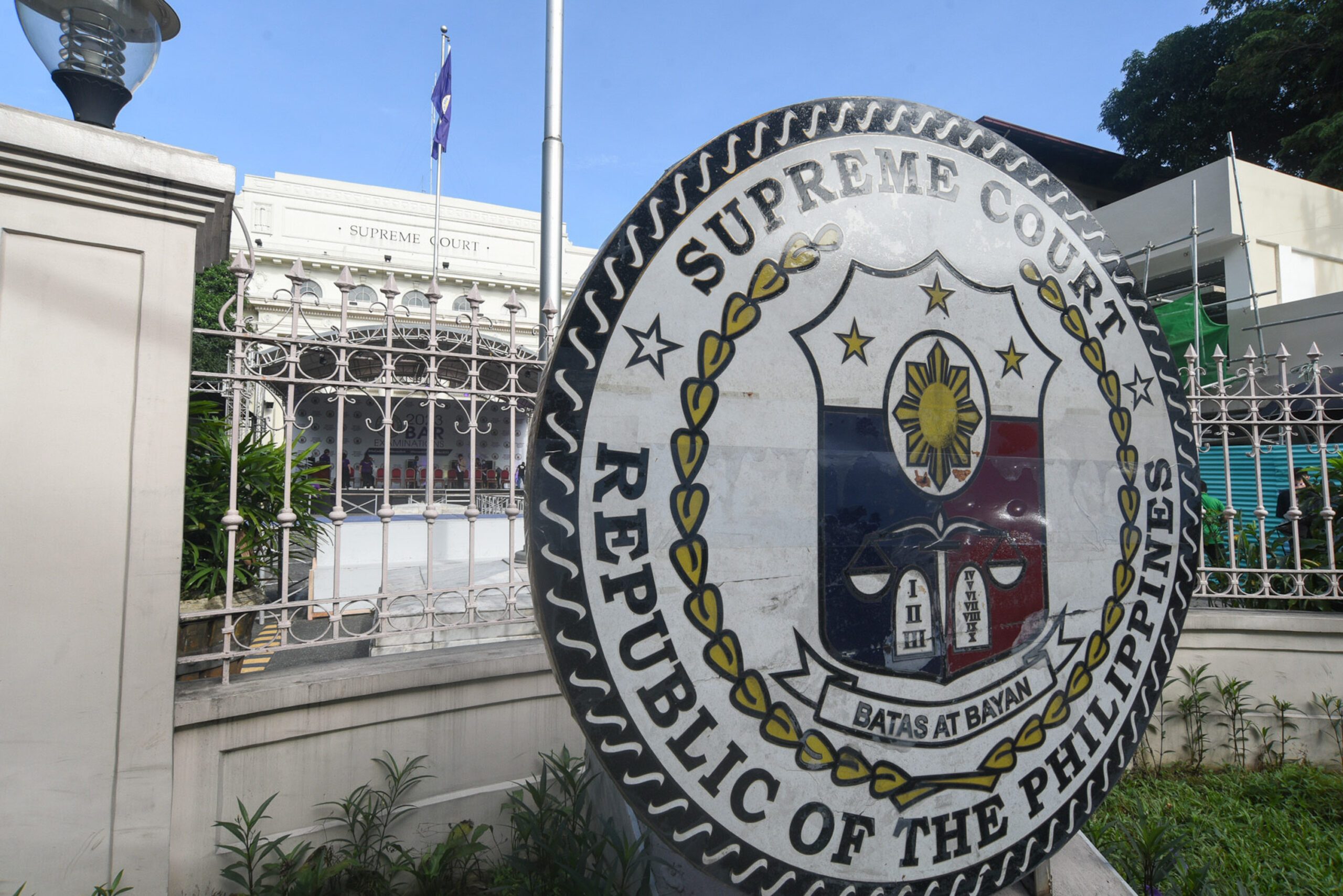
Upgrade to High-Speed Internet for only ₱1499/month!
Enjoy up to 100 Mbps fiber broadband, perfect for browsing, streaming, and gaming.
Visit Suniway.ph to learn
Already have Rappler+?
to listen to groundbreaking journalism.
This is AI generated summarization, which may have errors. For context, always refer to the full article.

HIGH COURT. File photo of the Supreme Court in Padre Faura, Manila, taken on December 5, 2023.
Angie de Silva/Rappler
The Supreme Court affirms the 2018 RTC decision nullifying the 25-year mining moratorium in Occidental Mindoro
MANILA, Philippines – The Supreme Court (SC) declared void the ordinances and resolutions imposing a 25-year moratorium on large-scale mining in Occidental Mindoro.
The 31-page decision promulgated January 14 but only released May 14, affirmed the 2018 decision of the Regional Trial Court of Mamburao, Occidental Mindoro, nullifying the mining ban.
The High Court said that according to the law, local governments can prohibit specific mining projects but it has no authority to ban all large-scale mining activities within territorial jurisdiction.
Local governments, the SC said, “cannot exercise their power contrary to the Constitution, Republic Act No. 7160, or any other existing statute enacted by Congress.”
The case involves Agusan Petroleum and Mineral Corporation (APMC), a mining firm that entered into a Financial or Technical Assistance Agreement with the government in 2008. FTAAs are contracts for large-scale mining activities, signed by the Philippine president.
This covers 46,050.6483 hectares of land in Oriental and Occidental Mindoro towns namely Baco, San Teodoro, Puerto Galera as well as Mamburao and Abra de Ilog.
In the same year, the provincial government of Occidental Mindoro came out with orders imposing a mining moratorium. APMC challenged the constitutionality of these orders in 2014. The RTC ultimately ruled in favor of APMC.
The SC decision, penned by Senior Associate Justice Marvic Leonen, read: “Verily, the assailed Ordinances and Resolutions, which impose a blanket prohibition on all large-scale mining activities in the Province of Occidental Mindoro, are too broad and therefore void.”
The ruling acknowledged that mining activities “necessarily affects the environment” and emphasized that all contractors are required to abide by environmental safeguards set by the Department of Environment and Natural Resources.
Anticipated repercussions
Alyansa Tigil Mina, a coalition of anti-mining groups, said the SC ruling is a balanced interpretation of the law but that it will have “clear repercussions” to local efforts versus irresponsible mining.
The alliance said it is “partly disappointed” of the decision but is taking note of Leonen’s legal reasoning that blanket mining bans are not justified.
“This SC decision only means we have to calibrate our approach and make interventions to biodiversity protection, climate resilience and sustainable development while using all the available powers and platforms of local autonomy,” said Jaybee Garganera, the alliance’s national coordinator, said in a statement Thursday, May 15.
While the coalition did not specify local efforts, the most recent anti-mining effort from a local government was when Palawan recently imposed a 50-year moratorium on new mining applications. This resolution was hailed by environmental groups then as a victory.
Meanwhile, the Philippine Nickel Industry Association said Thusday lauded the ruling for “maintaining the delicate balance between local government authority and national laws.”
“It removes the uncertainty caused by local bans, creating a more secure investment climate,” PNIA said Thursday.
The ruling, according to the PNIA, “clarifies legal ambiguities” and sets “crucial precedent for future policy discussions.” – Rappler.com
How does this make you feel?
Loading


 3 weeks ago
16
3 weeks ago
16



